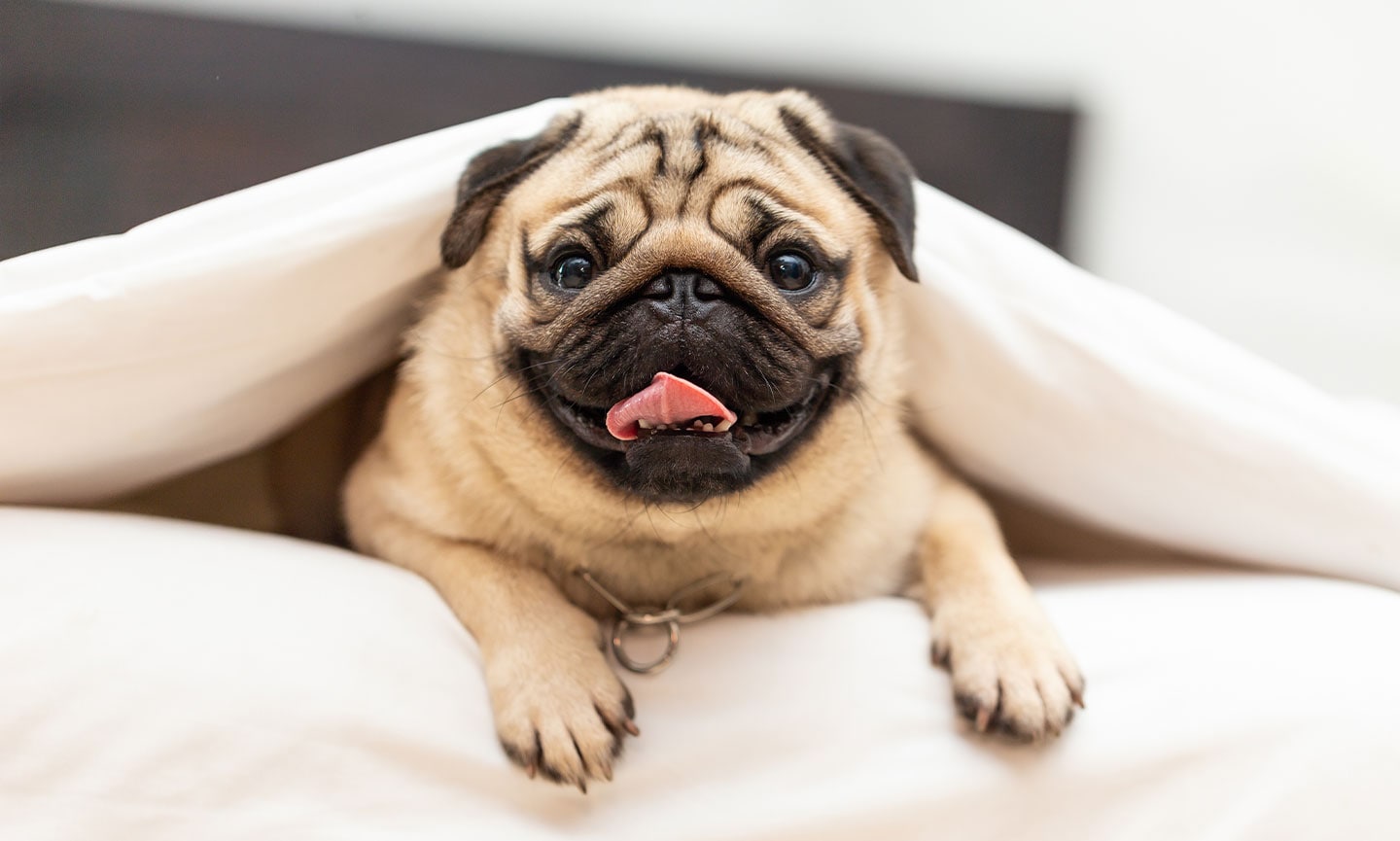Pets getting ill are a general worry for pet owners. It can be hard to spot the clinical signs of an illness, and while clearly there is a difference between an occasional sneeze and a pet that sneezes blood there are many other signs of illness in between.
As a cat owner, you may have experienced the frustrating and sometimes scary experience of your cat sneezing. If this has happened to you, then it’s important that you read this blog post in order to find out what is going on with your feline friend.
This article will provide some helpful tips on how to take care of any symptoms that arise from allergies or other reasons. It also includes information on why cats sneeze as well as how long it takes for a cat’s shots to wear off!
How is your cat doing? Is it sneezing a lot and making funny noises? That might be because of its allergies. Cats are very sensitive to things like dust, pollen, pet dander, mold spores, smoke or other household chemicals that can cause them to have allergic reactions.
Table of Contents
The issue with a sneezing cat
Sneezing cats can cause concern for you as an owner. And it isn’t much fun for the cat either.
If your cat is sneezing a lot and you see symptoms such as red eyes or runny nose then they may be having an allergic reaction. Here’s what you need to do: give the cat some Benadryl (make sure they don’t get too much), clean up any dirt around the house so there isn’t anything for him/her to touch outside that would make him/her itchier than normal, keep the air inside very pure. That will help their nasal passages to be in the best condition, and will minimise triggering of the immune system within the nasal passage in the cat’s nose.
Why do cats sneeze?
Just like humans, cats do occasionally sneeze and this is nothing to be concerned about. If your cat is sneezing more than usual and seems unwell it may be worth considering.
Your pet may be unwell and seek advice from your vet if you think something is wrong with your pet. Sneezing can be a symptom of an allergy, and some common allergens for cats are pollen, dust or other things. But it can also be upper respiratory infections, and that might mean other symptoms, such as nasal discharge or more frequent sneezing, coupled with an occasional cough.
Is your cat sneezing? It could be due to a number of different reasons. Cats can catch colds, asthma, or allergies just like humans do. Sometimes cats may have an upper respiratory infection caused by bacteria and viruses that cause the airway to swell and produce mucus.
In some cases, it may be due to a parasite such as feline roundworm or heartworm. If you are concerned about your pet’s health please consult with your veterinarian immediately for diagnosis and treatment options!
Feline Sneezing: Causes and Treatment
Just like their humans, cats can catch colds and suffer from upper respiratory and sinus infections. There are other conditions that can also lead to those cute little sneezes. Cats have been sneezing for the past six months and can only be sneaked when they’re under the age of seven years old.
Cat sneezing can be a frustrating problem for both you and your cat. It’s important to understand why cats sneeze so you can know how to help them feel better. The most common reason for cat sneezing is allergies, which are caused by things like pollen or pet dander that enters the nose or eyes.
Might it be an infection?
If these aren’t the causes of your cat’s symptoms, then it could be an infection in their sinuses, ears, or lungs – all of which need veterinary treatment! Cat sneezing is often painful and uncomfortable for cats to experience, so it’s important to figure out what may be causing this before they develop more serious health problems.
When a vet diagnoses your kitty with allergies or another cause of irritation, it is important to take their advice as a sneezing cat can cause concern for the cat and its owners alike.
It may be chronic rhinitis which the vet can deal with, using tablets or shots for chronic rhinitis. It may take a few days to this all to work be it shots or nasal flus, for severe or mild symptoms
Why is My Cat Sneezing?
The most common cause of persistent sneezing in cats is an upper respiratory tract infection. Infection is usually due to viruses such as feline herpesvirus and feline calicivirus.
Allergy is not a common cause, but if your cat inhales something irritating, they may sneeze.
There may be other symptoms around the nasal cavity, such as those for allergic rhinitis, bacterial infection, chronic upper respiratory conditions, fungal infections, cat flu, secondary bacterial infections, or allergies to other airborne particles. Again if you have these or other symptoms then make sure that you get the right veterinary care.
Potential irritants may include tobacco smoke, dusty cat litter, perfume, cleaning sprays, mould, dust, air freshener, pollen and even candles.
Treatment is aimed at controlling the symptoms while your cat fights the infection, but can also be as simple as a nasal flush in less severe cases. But do take your cat to the vet if you have any issues or your cat seems other than completely normal.
Bear in mind that with these symptoms only a qualified vet can really give advice. They will be able to detect viruses or other infectious diseases which may be highly contagious, or be able to see any underlying causes, and of course can prescribe antiviral medications if needed (or less in the event of mild cases). In rare cases there may be permanent damage so it is important not to delay any trip to the vet’s.
Allergies and irritants
Potential allergens and irritants can include: Allergy, irritants and allergies. Cats can develop allergies such as chronic rhinitis, but that might also lead to bacterial infections.
Upper Respiratory Infections
Upper respiratory infections can be viral, bacterial and even fungal. These cases can last anywhere from 7 to 21 days, with the average duration for uncomplicated cases.
These types of infections last up to 10 days, depending on the length of a patient’s illness. Cats are less susceptible to viral infections than bacterial or bacterial infections, such as the common cold.
Cat Sneezing FAQs
Why is my cat sneezing UK?
Sneezing in cats can be a very concerning issue, but it’s important to make sure they’re not simply clearing out their nose or just experiencing an itch.
This article will provide information on how to take care of any symptoms that arise from allergies or other reasons, with an important distinction about why cats sneeze and how long it takes for a cat’s shots to wear off.
When it comes to cats, sneezing is typical and it’s usually nothing to worry about. However, if your cat’s sneezing a lot or seems unwell then you might want to take a closer look.
Your pet may be unwell if you see it sneezing. Sometimes the reason is due to allergens, such as pollen or dust.
Is it bad if my cat sneezes?
Trouble with allergies. Dust, pollen and pet dander can cause a cat to have allergic reactions. Pollution, smoke or other chemicals found in the home can also be triggers for your pet’s allergy symptoms to flare up and produce excessive sneezing accompanied by discharge from eyes, nose and mouth.
Cats often sneeze for no reason, but if your cat’s sneezing a lot or appears unwell then you might want to investigate what the cause is.
Your pet may be sick if it’s sneezing frequently, or there could be something else going on. It could be due to allergens such as pollen or house dust.
Conclusion
Cats are popular pets, and there is a reason for that. They’re adorable, they can be trained to do tricks (if you have patience), and they come with their own built-in heating system – just what every apartment dweller needs!
There’s no one way to tell when your cat is sick because cats don’t always show symptoms of illness like humans do; but some signs include sneezing or discharge from the nose. If any of this sounds familiar, it may be time for an appointment with your vet!
There are a number of reasons cats may sneeze, but the most common is allergies. If you suspect your cat might be suffering from this condition, it’s important to have them checked out by a veterinarian right away so they can prescribe medication or other treatments as needed.
Cat insurance will help cover any unexpected costs if your pet needs medical attention for an allergy or another health issue in the future and there are plenty of providers with affordable rates that won’t break the bank!
You can see more about Emerald’s great pet cover at www.emeraldlife.co.uk/pet-insurance.
Article summary: sneezing in cats/chronic upper respiratory conditions/frequent sneezing/nasal discharge/potential irritants




